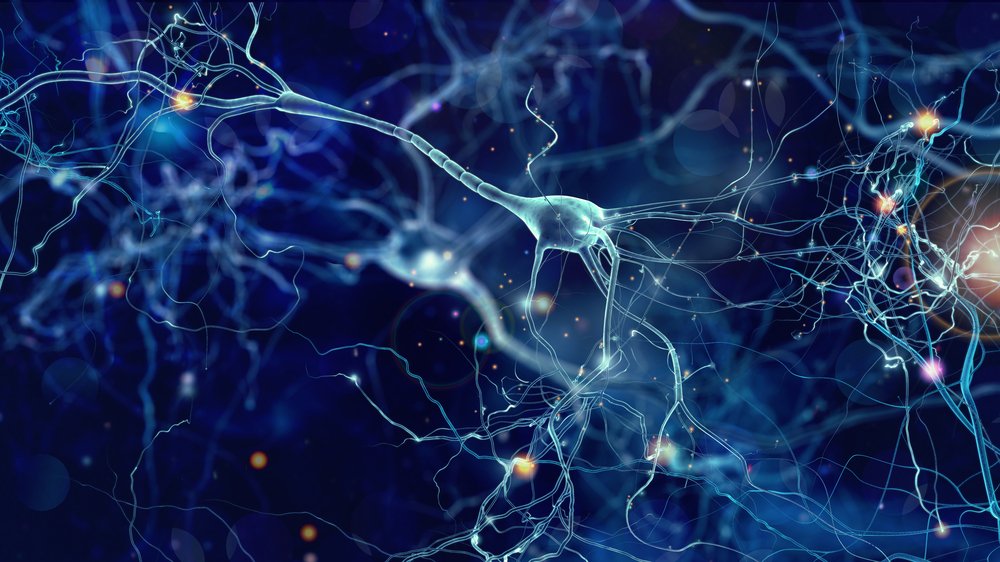ProMIS Neurosciences Hopes to Develop an ALS Therapy Around a Component of a Faulty Protein
Written by |

ProMIS Neurosciences hopes to develop an ALS therapy around a component of a protein that is faulty in the disease.
The TDP43 protein’s abnormality leads to it becoming misfolded — that is, it not having a normal structure — in both amyotrophic lateral sclerosis and frontotemporal dementia (FTD).
ProMIS thinks it can eliminate the problems associated with the diseases by developing a therapy centering around a specific portion of the misfolded protein. The therapy would not impact cells with normal TDP43, it believes.
The company said it has already submitted a provisional U.S. patent application covering the approach it wants to take.
Scientists from ProMIS and the University of British Columbia teamed up to identify the genetic sequence and shape of the TDP43 component they want to build a therapy around. Neil Cashman, ProMIS’s chief scientific officer, referred to the component in a news release as a “novel epitope target.”
When the immune system produces antibodies against harmful substances called antigens, the antibodies bind to protein segments called epitopes.
TDP43, which is present in every cell, plays a key role in the body’s response to oxidative stress, a chemical reaction that damages cell components. It also participates in gene expression, the process by which a gene creates a functional product like a protein.
In diseases such as ALS and FTD, TDP43 has a faulty structure that impairs its activity. This leads to the formation of clumps of misfolded TDP43 inside cells. The clumps cause cell protein degradation and interfere with cells’ energy production.
Francis Crick Institute and University College London (UCL) researchers discovered that TDP43 clumping is the first step toward catastrophic events that kill neurons controlling movement, a hallmark of ALS and FTD.
A therapy that targets an epitope, or specific portion of misfolded TDP43, could eliminate the consequences of the faulty structure while protecting cells with normal TDP43, ProMIS believes.
“Our goal is to selectively target misfolded TDP43 without disrupting the critical role that normally folded TDP43 plays in cell biology,” said Elliot Goldstein, ProMIS’s president and CEO. “We plan to create and validate monoclonal antibodies against misfolded TDP43” that can counter ALS and FTD.
ALS is characterized by loss of the motor neurons that relay brain signals to muscles, gradually impairing muscle activity throughout the body. Scientists have identified a number of genetic mutations and protein anomalies that contribute to the development and worsening of the disease.





